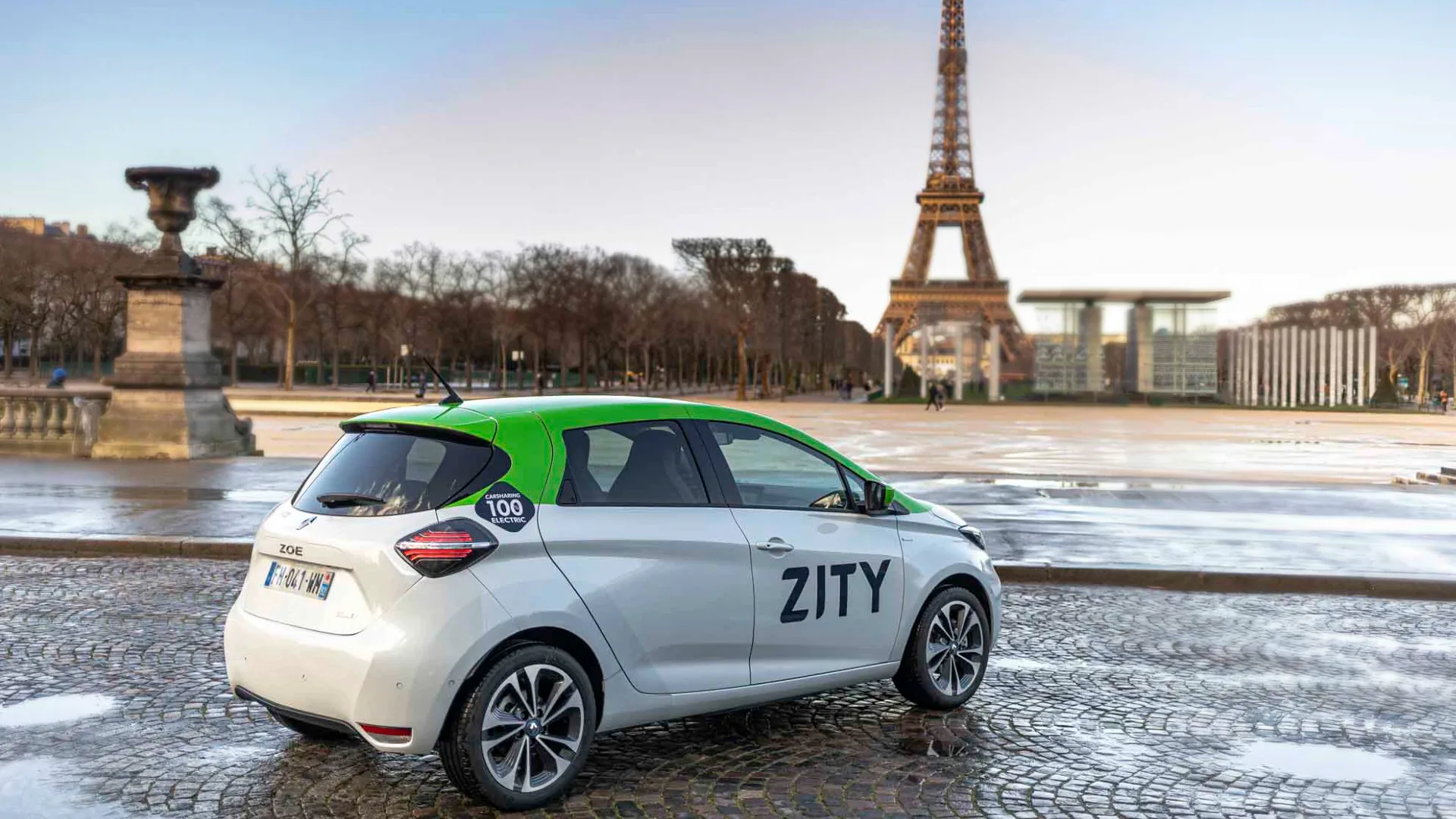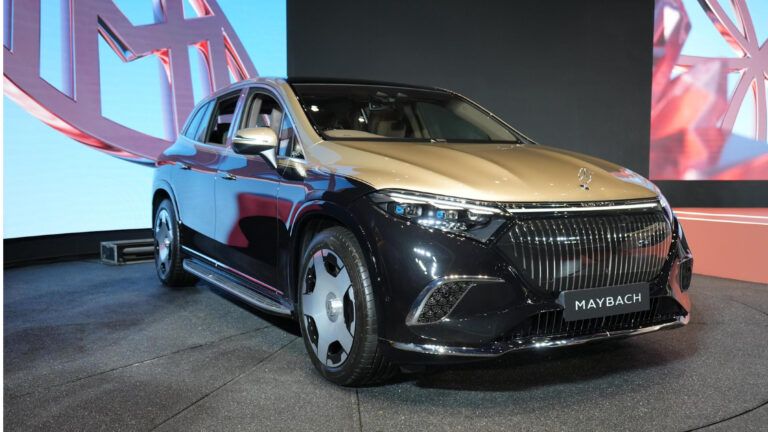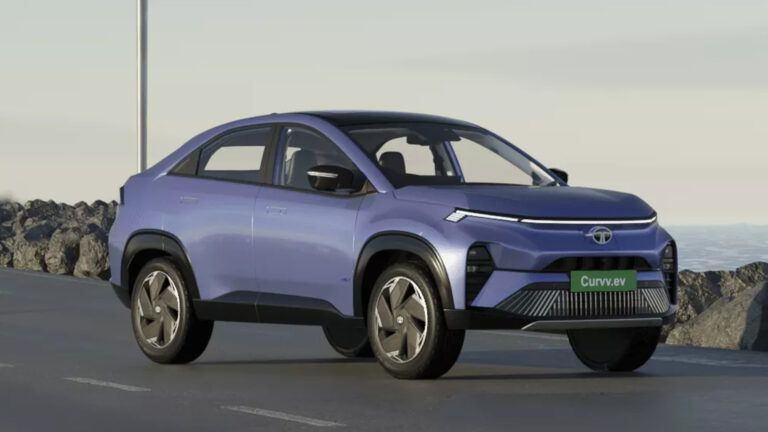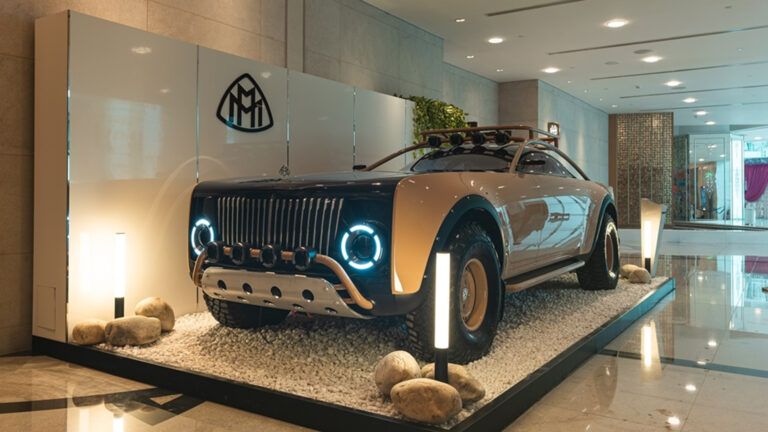Whether one talks about Nio, BYD, Geely or Great Wall Motors, the way the Chinese carmakers have swept aside their competition in the global electric vehicle market, few others have and even fewer are likely to, unless something drastic happens on the part of the non-Chinese carmakers.
Speaking of which, even brands like Tesla, which needs little or no introduction have found it quite hard to compete with the Chinese domination in the EV sphere as of the last two or three years.
It wasn’t that long ago, on November 30, 2023, to be precise, when Elon Musk most noticeably said that the manufacturing prowess of Chinese car companies made them “extremely competitive”. Things in Europe are not too different either for the carmakers, with the likes of BYD and other names ruling the root.
But can all of that change anytime soon for the local names hailing from the continent noted for captivating beauty and exasperating history?
Probably. Possibly. Some time soon even.
That is all one can say with the way countries like France are supposedly taking the fight to the dominant show by the Chinese names.
Here is how:
France has come up with a new set of rules towards consumer cash incentives for electric vehicle purchases.
Confused? Well, no need.
From the onset of December 15, 2023, no fewer than 65 per cent of the electric vehicles in France shall now be eligible for a new scheme that covers new criteria for covering the amount of carbon emitted in the process of manufacturing an EV.
Noted French Minister Bruno Le Maire hailed what he called a new set of rules aimed at curbing CO2 emissions.
“We will no longer be subsidising car production that emits too much CO2,” said the 54-year-old from the Renaissance party.
That being said, the number of cars that are eligible for this new incentivising scheme does not include some of the names that one likely finds head-turning. How is that?
While the list of eligible models (for this scheme) includes 24 that are produced by the Franco-Italian group Stellantis and around 5 that are Renault-produced, Tesla’s Model 3 will not be a part of this scheme.
However, Elon Musk’s Model Y will be eligible for the said scheme.
But let us understand how expensive or not so expensive for that matter are electric vehicles in France at this time. In the words of Devdiscourse,
“The average retail price of an EV car in Europe was more than 65,000 euros ($71,000) in the first half of 2023, compared with just over 31,000 euros in China, according to research by Jato Dynamics. The French government already offered buyers a cash incentive of between 5,000 and 7,000 euros to get more electric cars on the road, at a total cost of 1 billion euros ($1.1 billion) per year.”
In essence, the move towards cash incentivising of electric vehicles has been done primarily, as one notes, to make them more affordable for the French buyers or as one would put it, buyers of EVs in France. It is a country, which truth be told, much like Germany, is the beating heart of Western Europe; a country that has so much more than just the grandiose symbol of architecture and engineering: the Eiffel Tower.
Those who might be a bit surprised about why France’s new cash incentivising scheme around EV purchases does not include Tesla ought to note something – Tesla’s Model 3 is made in China.
However, the Model Y, which is larger and more expensive when compared to the former, is mainly made in Berlin, again a city more than its nightlife. The Model Y has been the top-selling electric vehicle in France as far as one notes the past eleven months.
Time for French Auto to pick up in the EV sphere? You bet.








